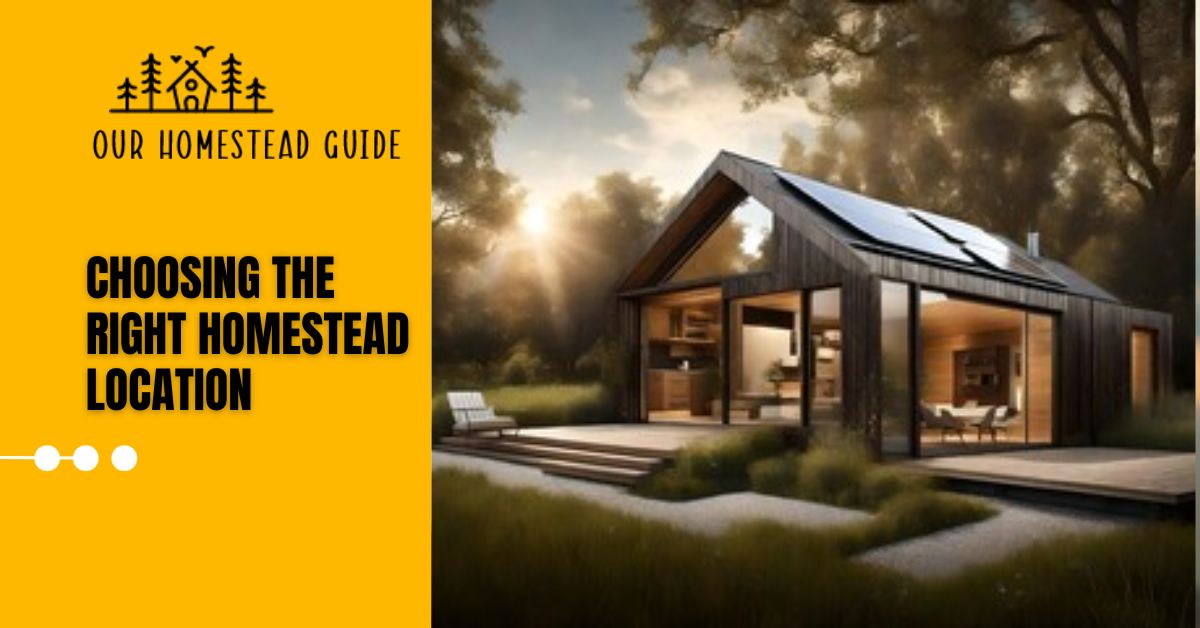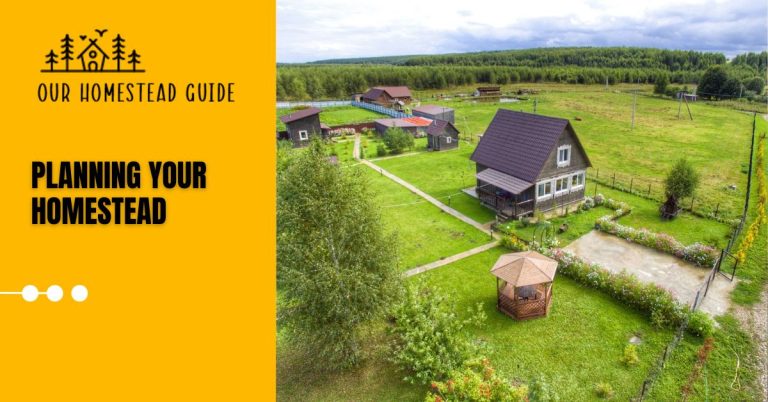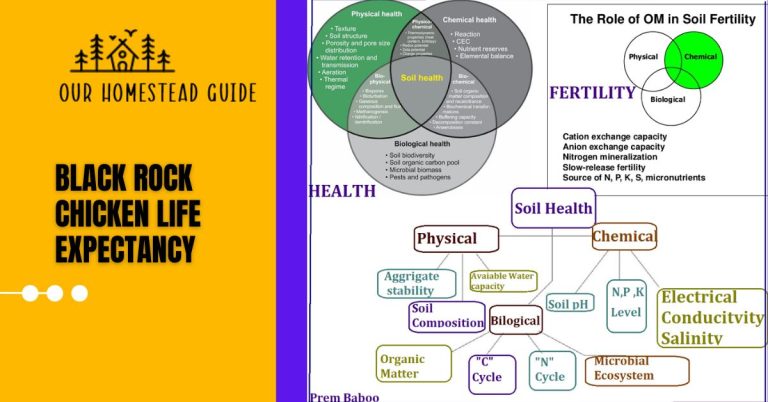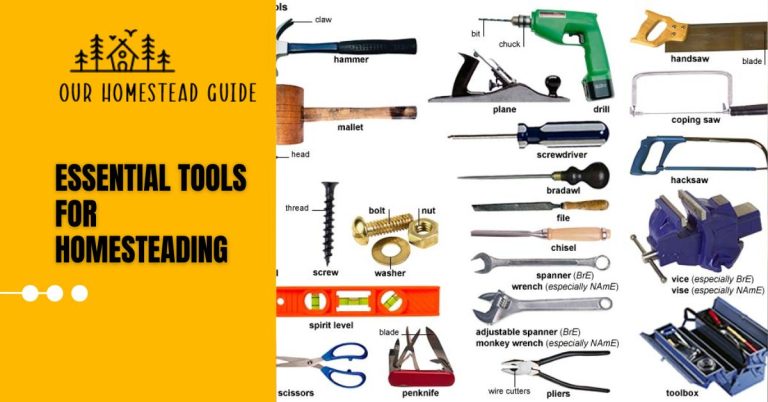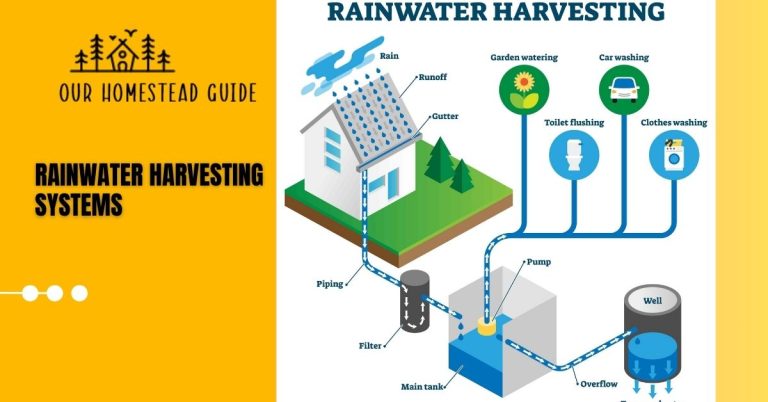Choosing the Right Homestead Location: 20 Tips for Finding
Choosing the Right Homestead Location Many individuals have aspirations of locating the ideal farm and leading more self-sufficient, environmentally conscious lives. However, selecting a homestead is not always simple. How can you tell whether a website you are considering is the perfect one to help you realize your dream?
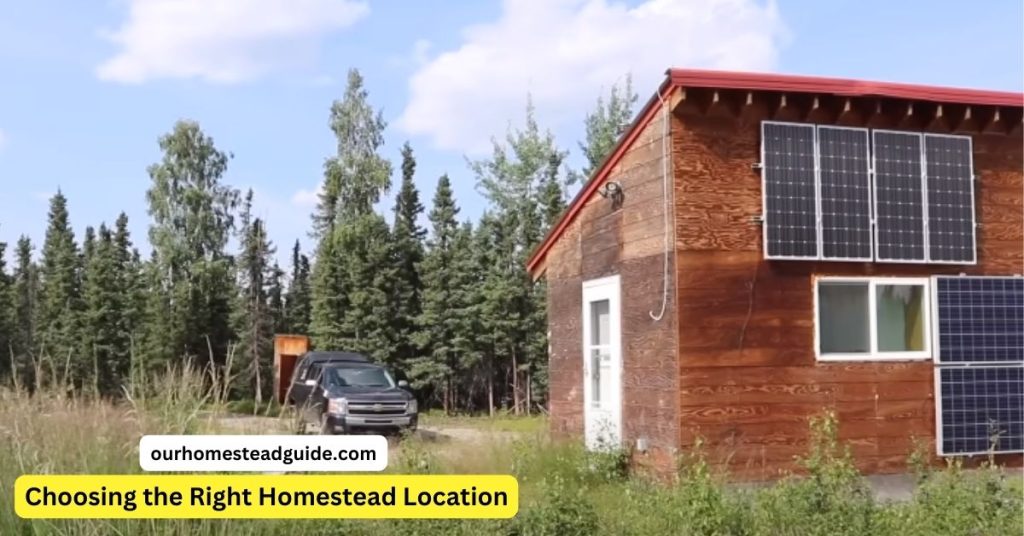
When looking for the ideal plot and house, there are several aspects to consider. To ensure that you make the best decision, you should take into account the following general factors. These inquiries might serve as launching pads for more studies.
Choosing the Right Homestead Location
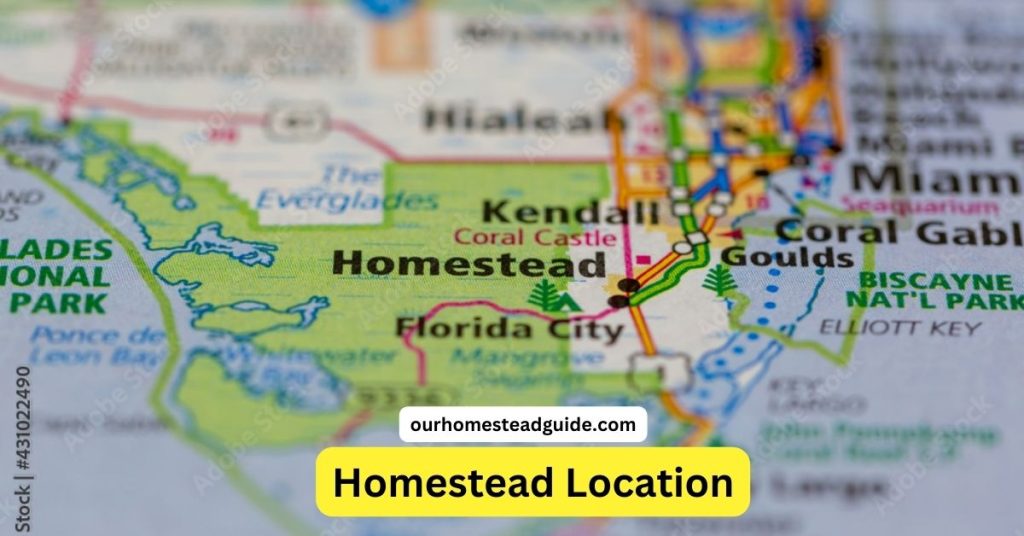
Today, I’d want to give you some advice on things to think about while purchasing a homestead:
| Tip | Focus |
|---|---|
| Know your “why” | Align location with goals (self-sufficiency, income, etc.) |
| Climate & Seasons | Choose zone suitable for desired crops & livestock |
| Water Access | Secure reliable sources like wells, springs, or rivers |
| Soil & Topography | Analyze fertility, drainage, slope, and flood risk |
| Zoning & Restrictions | Research permitted uses, building codes, and limitations |
| Essential Services | Consider access to healthcare, schools, shopping, and emergency services |
| Transportation | Evaluate road access, public transportation, and highway proximity |
| Community & Support | Seek nearby homesteading communities and support networks |
| Markets & Income | Choose a zone suitable for desired crops & livestock |
| Peace & Quiet | Prioritize location away from noise pollution and heavy traffic |
| Natural Resources | Embrace forests, rivers, or features for recreation and utilization |
| Risks & Hazards | Research flood zones, wildfires, extreme weather, and environmental concerns |
| Visit in Person | Experience the land firsthand, assess surroundings, and talk to locals |
| Seek Guidance | Consult experienced homesteaders, agricultural experts, or rural real estate agents |
| Don’t Rush | Take your time, compare options, and revisit potential locations before deciding |
| Future Needs & Expansion | Choose land with space for potential growth and additional buildings or livestock |
| Financial Limitations | Set a realistic budget and prioritize essential features |
| Sustainability & Self-Sufficiency | Choose land with potential for renewable energy, rainwater harvesting, and minimal environmental impact |
| Gut Feeling | Trust your intuition and choose a location that resonates with you |
| Celebrate the Journey | Enjoy the process of finding your perfect homestead location |
Homestead Location: 20 Tips for Finding
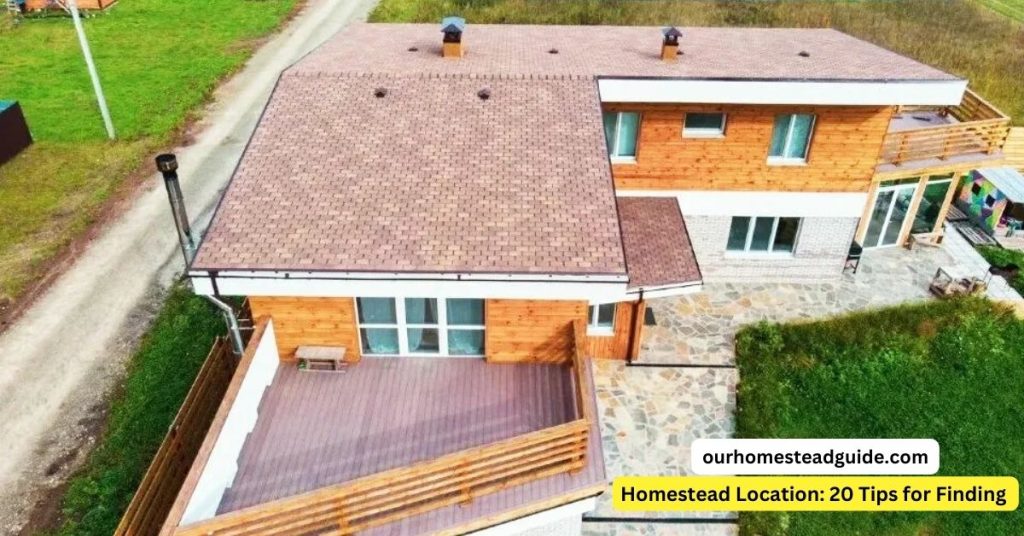
The Price Is Right
Without a doubt, the first factor I would evaluate is price. Since fences can be constructed and maintained throughout time, much like houses can be erected or repaired.
However, once you have debt, it may be incredibly challenging to get rid of it.
Always look at owner-property sales of foreclosures like our homestead or even free land when looking for land. Typically, that is how to locate the greatest offers.
The most important thing to keep in mind is that simplicity is key to homesteading. And having debt collectors always after you makes it difficult to lead a simple life.
Electricity
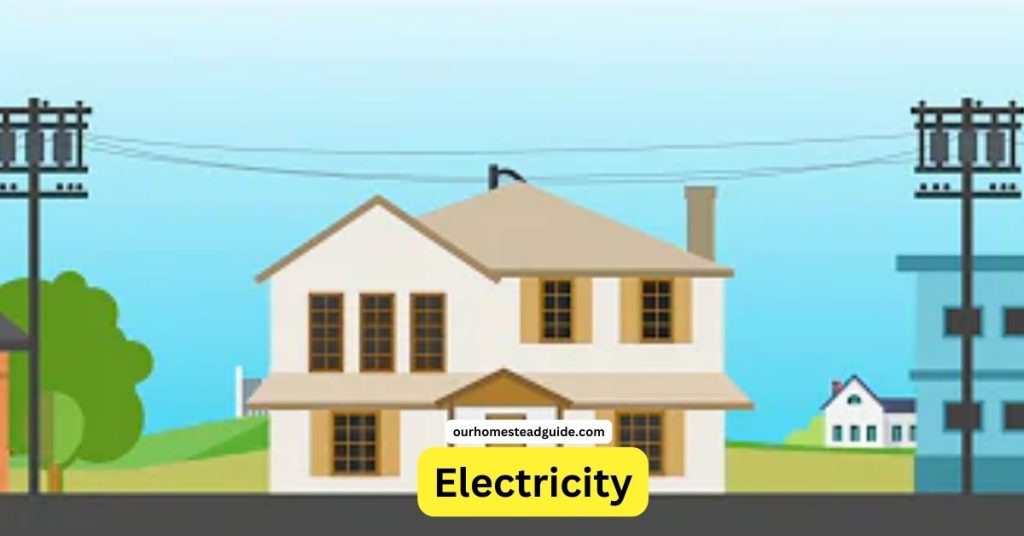
Have you made up your mind yet about being on or off the grid? Now might be a good time to think about this.
You will need to take this into account when calculating the purchase price if you want to be on the grid but the location you are contemplating doesn’t have power.
You should also consider whether power is even available there. If yes, what is the estimated cost?
However, what if you choose to live offline? Then, you’ll also need to account for those expenses. since some individuals desire solar power. And still others wish to employ wind energy. Some people, however, would just rather live without any energy at all.
The Price Is Right
Without a doubt, the first factor I would evaluate is price. Since fences can be constructed and maintained throughout time, much like houses can be erected or repaired.
However, once you have debt, it may be incredibly challenging to get rid of it.
Always look at owner-property sales of foreclosures (like our homestead) or even free land when looking for land. Typically, that is how to locate the greatest offers.
The most important thing to keep in mind is that simplicity is key to homesteading. And having debt collectors always after you makes it difficult to lead a simple life.
Your Land Can’t Be ‘Parched’
This means that there must be a water supply on your property. You cannot cultivate anything without water, you cannot raise cattle, and you cannot enjoy basic comforts.
Therefore, you must inspect the property to see whether it has a well, a creek, or is connected to municipal water.
If it doesn’t, you’ll need to budget for the expense of installing a water source on the land. Putting a tank in the ground and pulling water in is one way.
However, that still costs money. To ensure that you don’t overpay for the buy, you’ll need to be aware of all of this.
Or think about if you want a plot of land where you have to develop a water supply.
The Zone
When buying a homestead, zoning is a crucial factor to take into account. especially if it wasn’t a homestead when you bought it, like it was for us. A zone of agriculture must apply to the property. Or you must be able to manage tiny animals at the very least.
We bought the property we did, in part, because of this.
Indeed, maintaining roads can occasionally be difficult. But we could have modest cattle since our land was designated. This is fantastic since we understood from the beginning that we wanted to hold off on “going large” for a while.
Thus, it was effective for us. However, you must confirm that the site is designated for the intended use. You’ll know to move on if it’s not.
Take The High Road
You should think about your road access while buying real estate. Is the road privately owned or is it maintained by the state?

Who is going to shovel the road when it starts to snow?
If so, you’ll need to think about what tools you’ll need to acquire to keep the road clear and in good condition. Let me tell you from personal experience that road maintenance may be expensive.
Our acreage is situated on a road that branches off of a private road. We must thus find a way out on our own whenever it snows. And we have to repair the road when it gets bumpy. To keep the road in good condition, we had to buy a tractor with several attachments.
Stay in Contact
These days, the internet is significant. even for those who homestead.
It’s how we remain connected to everything.
Wherever you reside, you need it. You’ll utilize the internet to research roadblocks. Alternatively, like me, you might utilize it to supplement your income while homesteading.
Therefore, you should confirm that you can access the internet from wherever you intend to buy land.
Additionally, you may expect the superior quality of the internet that you desire. We rely a lot on it, which may sound strange, therefore you should make sure it will be accessible wherever you hang your hat.
Wide Open Spaces
In my opinion, this is a significant issue to think about. To what extent do you wish to be alone?
Give this some serious thought.
Since I wasn’t ready to “go large” or venture too far out when we initially started, our acreage is situated outside the city boundaries but is still close enough to town that I can get to in about 15 minutes.
Still, I’ve subsequently had second thoughts.
The more we stay here, the more varied my feelings are about where I am. I believe I would like a couple of extra acres separating me from my neighbors. (But my neighbors are wonderful!)
Therefore, while taking this into account when purchasing land, think long-term. Younger people may become very interested in homesteading and desire more land.
However, if you’re older, you might want to consider staying closer to home because you could require more doctor visits as you age. That is a reality.
So, before making any significant decisions, you might want to give this some thought.
Location
You might be surprised to learn how much your property’s location matters. I am aware that many of us like to go as far away from the general public as we can.
However, you need to figure out how far you’ll need to drive to the markets to sell the products you made on your farm. if you intend to market the produce you cultivate.
Therefore, you might not want to live too far from your local market if you must rely on this type of revenue from your farm.
Once more, everything will rely on your aspirations for your future farm. However, if this is a part of the strategy, you should think about the location.
Taxes
There is no joy in paying taxes. However, we must all pay them.
Therefore, you should be aware of the annual amount that the government would need from you. For the simple reason that you do not desire a piece of property that will incur enormous tax bills.
Once more, we had great luck with our acreage. There was already a house and a well there, albeit in disrepair.) However, our taxes are extremely reasonable. Our annual tax payment is only about $1100.
You might be able to locate land for even less than that, though, if you look around.
Know Your Lines
You should always be certain of the boundaries of your property before purchasing any land. once again to save you from being surprised later on. Thus, you have two choices.
You can locate the pegs that indicate the boundaries of the properties. Or you may hire someone to do a land survey. The fact that our property had land pegs was a great blessing. They remain there as of right now.
Thus, the subject of where we could construct or erect a fence has not come up. Additionally, you should confirm that you possess the same lucidity.
You Want How Much Land?
You should also think about how much land you desire when purchasing a homestead. We currently reside in a region where my spouse was reared. However, I wasn’t. I lived in a city, to put it mildly. I thus felt uneasy taking on a sizable property. I was taking things slowly at first.
Thus, we could essentially live off of ourselves. It turns out that this much land might also be profitable for us. If you desire more than that, you should think about it. You would want a lot more acreage than we do if you wanted to grow cattle.
Let’s imagine that at first, you would like a smaller plot of land to practice homesteading. That’s alright. Over the years, we have come to that conclusion. And we’ve very well determined that we’ll probably want to move into a little larger homestead in the coming years. However, when the time comes, we’ll see where life takes us and how daring I feel.
Your House Is How Big?
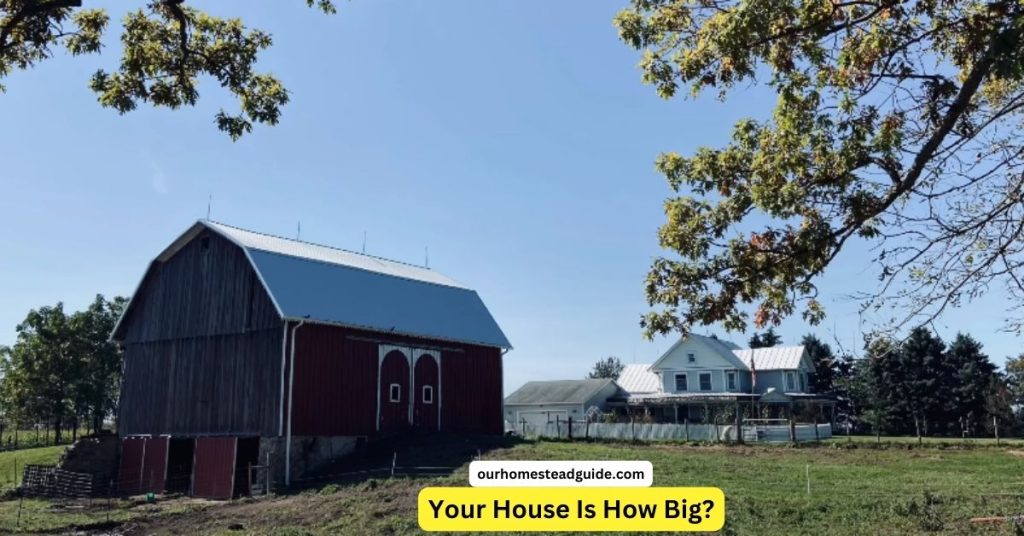
If you’re referring to the White House, its six stories and 132 rooms make up the about 5,500 square foot residential area. With the West and East Wings included, the whole White House complex is around 57,000 square feet.
If by “my residence” you mean the approximately 2,500 square feet that I now rent out nearby, but which I own nonetheless. The average American home is 1,650 square feet, but this one is more than three times larger.
In the end, neither my personal qualities nor my capacity to carry out my work are affected by the size of my home. No matter how big my living space is, I have faith in my abilities to offer knowledge and do tasks.
Don’t Always Go For The Clean Land
Certain areas of land have been completely demolished. It was our land.
There have been two foreclosures on the property. And with that, furious individuals move out of their houses. It occasionally amounts to their damaging the land. Alternatively, you have those folks who just dump something in the woods without thinking anybody would pick it up.
That property has been our land, then. Removing everything from the forests has taken years. However, we are getting close. We have discovered a few jewels in our woods, so it has been worth it.
Furthermore, we could not have obtained the home for the low price we did if it hadn’t been in such good condition. Even though it has taken a lot of work to transform this chaos into a home and a homestead, I am really grateful.
Wooded Land Is Okay
Avoid the urge to select a fully equipped homestead as it might result in more expenses and fewer design possibilities. Choosing undeveloped property might save costs and enable you to customize your residence to your tastes.
Although it takes work to turn the forested property into a usable homestead, having the flexibility to configure it in whatever one pleases is priceless. Accept the task of claiming the property as your own, and think about offsetting expenses by selling any extra forested areas. Ultimately, your efforts will be rewarded with a homestead that precisely fits your objectives and vision.
Why Is Water The Most Important Consideration?
Water is the most vital factor to take into account. For property lacking a sufficient supply of high-quality water is worthless for habitation or homesteading! The land has $ZERO value as country or homestead property if there is no reliable supply of water that is present in sufficient quantities and of high quality.
You cannot support livestock, cultivate crops, or sustain life without water. Avoid purchasing property without a reliable source of sufficient, high-quality water unless you can bring in enough water yourself or are willing and able to have water trucked in regularly, year-round. The lifeblood of a country or homestead property is water.
Some More information Homestead Location
Factors Influencing Homestead Location
- Climate-Related Issues
- Temperature Range Patterns of Precipitation
- The composition and quality of the soil
- Water Quality and Availability
- Zoning laws in the area
- Availability of Essential Services
Assessing Homesteading Goals
- Describe the Goals of Homesteading
- Farming Enterprises
- Considerations for Livestock
Geographic Considerations
- Objectives for Sustainability and Self-Sufficiency
- Homesteading in Rural vs. Urban Areas: The Influence of Land Topography on Access to Markets and Communities
Environmental Considerations
- Biodiversity and the Health of Ecosystems
- Risks of natural disasters (such as floods and wildfires)
- Water and Air Quality
Economic Factors
Land Affordability, Homestead Budgeting, and Possible Revenue Streams
Community and Social Aspects
- Community Organization
- Facilities for Healthcare and Education
- Support Systems for Homesteading
Personal Lifestyle Preferences
Cultural and recreational opportunities vs seclusion and privacy in the community Considering Commuting.
Decision-Making Process
- Making a Matrix Decision
Setting Priorities and Assessing Risk
Case Studies and Examples
- Narratives of Successful Homesteading
Life Lessons from the Experiences of Others
Conclusion:
Selecting the perfect site for your homestead is a deliberate dance with the earth, not a sprint to the finish line. It’s a search for reasonably priced land that echoes back your aspirations, with the base being rich soil, consistent water supply, and a welcoming neighborhood.
Pay attention to the land, accept its peculiarities, and never forget that the ideal plot isn’t about checking boxes but rather about a genuine relationship with the land that will support your homesteading endeavors for many years to come.
Most Frequently Asked Questions!
Q1: Why is choosing the right homestead location crucial?
The effectiveness of your farming endeavors, your quality of life, and the long-term viability of your homesteading lifestyle are all directly impacted by the site you choose.
Q2: What climate factors should I consider when choosing a homestead location?
Temperature ranges, precipitation patterns, and general meteorological conditions are all taken into account while discussing climate. Determining the appropriateness of your chosen animals and crops requires an understanding of these elements.
Q3: How do I assess the soil quality of a potential homestead location?
Examining the composition, drainage capacity, and nutrient levels of the soil helps determine its quality. Important insights can be obtained by doing soil testing and speaking with nearby agricultural extension agencies.
Q4: What role does water availability play in homestead location selection?
Water availability is essential for cattle, irrigation, and the sustainability of homesteads as a whole. Think about the accessibility and caliber of water sources, such as rivers, wells, and patterns of precipitation.
Q5: Are there zoning regulations I need to be aware of when choosing a homestead location?
Indeed, zoning laws in your area control land usage and may affect your homesteading endeavors. To guarantee adherence to local laws, familiarize yourself with and comprehend these requirements.
Q6: How do I balance rural and urban aspects when choosing a homestead location?
To balance rural and urban characteristics, one must take lifestyle choices, community dynamics, and market proximity into account. Choose the degree of isolation or community involvement that best suits your objectives.
Q7: What economic factors should be considered in homestead location decisions?
Affordability of land, planning finances for homesteading endeavors, and possible sources of income are examples of economic issues. Evaluating these elements contributes to maintaining financial viability.
Q8: How can I assess the community and social aspects of a potential homestead location?
Examine the dynamics of the community, the quality of the medical and educational resources, and the presence of support systems for homesteading. Interacting with the neighborhood can yield insightful information.
Q9: What steps can I take to create a decision-making process for homestead location selection?
Setting priorities, outlining clear objectives, and using instruments like decision matrices are all part of developing a decision-making process. Weighing priorities according to personal tastes and needs is crucial.
Q10: Can I learn from others’ experiences in choosing a homestead location?
Indeed. Case studies and successful homesteader examples can provide insightful and instructive information. Your decision-making process might be influenced by what you learn from their experiences.

